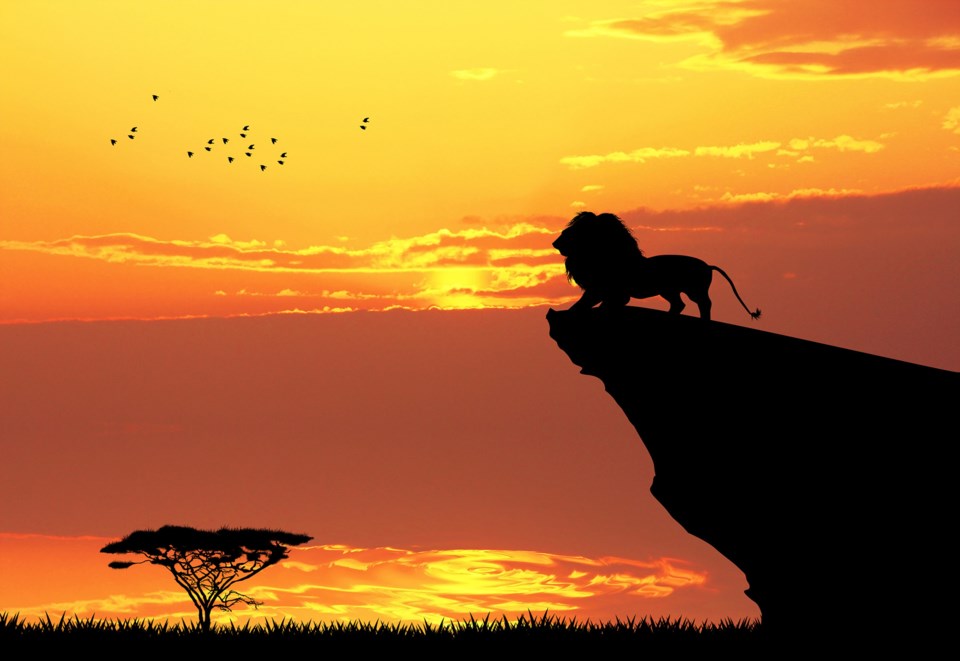Movie Review by Ryan Walsh:
Remakes of classic films are nothing new; they are done to modernize a classic for modern expectations and capitalize off a popular title. Some of the most beloved films of all time are remakes of classics such as John Carpenter’s The Thing (1982) and The Ten Commandments (1953).
But when a film attempts to remake a beloved classic and yet misses the point of what made the original so memorable, you get Disney’s recent live action remake of The Lion King. Based on the highest grossing 2D animated film of the same name, The Lion King (2019) is another remake in Disney’s library that “attempts” to modernize their IP’s with the gimmick of seeing iconic characters look as real as possible. Despite their attempt to achieve that goal there are some stories that cannot be told in live action and this film is proof of that.
The story of The Lion King (2019) is pretty simple; if you’ve seen the original 1994 film, then you’ve seen the 2019 remake. Simba is destined to become king of the Pridelands and his evil uncle Scar attempts to take the throne away by any means necessary, even when it throws the entire circle of life out of balance. That’s it, same story but with half an hour of additional scenes and dialogue to pad out the two-hour run time.
In terms of presentation the CGI is gorgeous, the animals look so convincing that we’ve come to the point that we can’t tell which is real or CGI, provided that the animals don’t talk. The voice cast largely consists of African Americans, great for representation, including big names such as Donald Glover, Chiwetel Ejiofor, Beyonce Knowles, and James Earl Jones as the only original cast member to reprise his role as Mufasa. The popular comedic duo of Timon and Pumbaa were the real highlights thanks to the performances of Billy Eichner and Seth Rogen, who stole the movie. But this is where the praise ends.
The common issue that The Lion King (2019) shares with remakes before it is that the film offers very little in terms of a story update, and instead focuses on being faithful to the original as much as possible. While on paper this sounds good since The Lion King (1994) is a classic, it begs the question; 'Why should I see this film if it is literally the same when I can just watch the original?'
Filmmakers take opportunities with new technology and modern perspectives to remake an older movie but in a new light that not only offers audiences a new experience, but also pays respect to the original filmmakers. The Lion King (2019), like other Disney remakes, doesn’t take any chances and instead panders to those who grew up with the original film. From my perspective, since I grew up with the original film which came out in 1994, the remake comes off like a hollow synthesized imitation of the 2D animated film.
The other major issue with this film is the usage of photo-realism at the cost of emotional investment. While watching The Lion King (2019) I couldn’t help but notice that the film is often at war with itself. With the technology this production presents, telling a story with photo-realistic animals can work, but The Lion King (1994) is not the kind of story to tell with realism. This wouldn’t be an issue if the remake attempted to diverge itself from the original as much as possible, but since this is a shot-for-shot remake, the new dialogue and added scenes seem pointless, sluggish, and even insulting at times to the original film. To me, it's as if the filmmakers wanted to legitimately try to make a completely different story to use its technology as its strength, but Disney wouldn’t allow it unless it was a surefire money-maker for them, giving audiences what they’re familiar with, but with a new coat of paint.
The 2-D Lion King had slower moments and fewer words spoken to let the characters’ expressions and body language convey emotion to get the audience invested; that’s the power of traditional animation. The remake, by comparison, is like a student copying someone else’s homework, changing some words and adding filler to make it appear their own, with little effort. Which is a shame because this remake was directed by Jon Favreau, who not only directed Disney’s The Jungle Book (2016), a remake that was good, and separate from the 1967 film, but who also played an important role in starting the Marvel Cinematic Universe with Iron Man (2008). I was expecting more from this director, given his line of work.
I really wanted to give this film the benefit of the doubt and not compare it to the 1994 movie, but it does a disservice to both the original as a failed homage, and to audiences who want something new and more.
I could forgive this remake had it taken creative liberties with its story and characters, but Disney instead chooses to regurgitate their old films for nostalgia dollars and cater to those who want realism at the cost of imagination. And the sad part is that at the time this review is written, The Lion King (2019) has already made more than $1 billion, more than The Avengers (2012), and surpassed Frozen (2013) as the highest grossing “animated” film of all time despite being advertised as live-action. The only comfort I can take from this is that despite the attention the remake is getting now, eventually it’ll be forgotten, as people will return to the original animated film, in the future.



